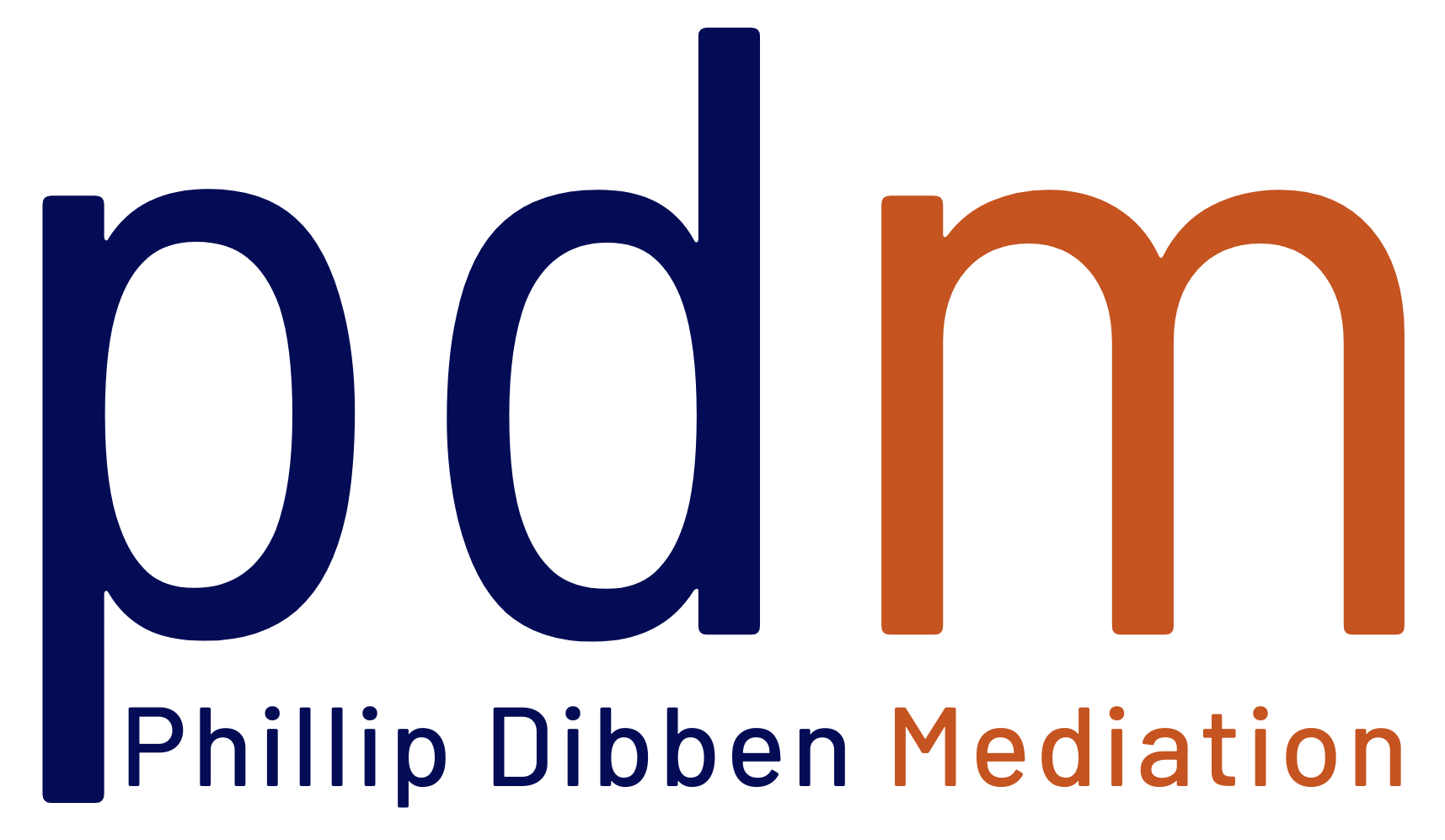You’ve agreed to mediation, you’ve worked out what you want to say – what happens now?
Your chosen mediator will listen closely to each party’s opening statement to identify topics for further discussion and exploration. They will try and find which points each party has in common and what might be blocking them from finding a way to settle their differences.
I was fortunate enough to attend a GRDC Farm Business Update in 2021 and had the pleasure of taking in a presentation by Sam Trattles on “Communicating with Influence”. She uses APEC as a four-stage framework for a good negotiation:
- Accept
- Prepare
- Engage
- Close
You can find out more by reading Sam’s book “I Love Negotiating”, but the mediation process (in fact any negotiation) follows the same basic steps. The key to getting to an appropriate outcome comes down to each party considering BATNA and WATNA. I’m in finance, we wouldn’t exist without acronyms – let me explain:
- BATNA – Best Alternative to No Agreement. If you do not reach an agreement today what is the best result that you could each expect?
- WATNA – Worst Alternative to No Agreement. If you do not reach an agreement what is the worst outcome?
Ultimately, no resolution will be reached unless you both agree to any terms proposed. You can expect that the mediator will explore how you got to where you are today from each of your perspectives – your story. This will, loosely, include:
- Clarifying what did or didn’t happen;
- How you each got to where you are today;
- What your expectations were before the dispute started;
- What your expectations are now.
The mediator can then lead the mediation participants through 3 steps to help develop BATNA & WATNA – this is generally done with each of your individual teams in private break-out sessions. If you have pre-considered these factors, you should overlay any shared information from the joint statements and agenda to refresh your BATNA.
While the mediator may be involved in each of the private meetings to assist in developing BATNAs and a “Zone for Possible Agreement” (ZoPA), anything raised in those private meetings is strictly confidential. Mediators must not and will not reveal any information they have gained in confidence, even if it will progress the negotiations, unless they have the express permission of the party who shared it.
Your joint story will become the road map for the mediation process. It will be presented in neutral language to help keep the focus on finding solutions rather than letting emotions take over and should capture the areas each of you mutually wish to explore further. The agenda will be forward looking rather than dwelling on the past. Exploring the past helps build understanding on how we got to the table today, but finding a solution requires stepping beyond that and looking for ways to move on.
Through ongoing discussions as you progress through the mediation, each of you will have a baseline which you’ve considered in your BATNA. It becomes the minimum that you will accept and any agreement that you reach through mediation will be measured against it. The position between each party’s BATNA becomes the ZoPA. Any overlap between each party’s needs and best alternatives forms a better basis for the parties to propose practical and realistic steps towards developing an agreement and resolution.
If you would like to find out more about our services, please contact phillip@pdmediation.com.au
References:
- Australian Disputes Centre Training Guide, 2021
- NADRAC (Australian Dispute Resolution Advisory Council), Your Guide to Dispute Resolution, 2012
- How to Win Friends and Influence People, Dale Carnegie
- Staying with Conflict, Bernard Mayer, 2009, John Wiley & Sons
- “Communicating with Confidence” GRDC Farm Business Update Clare 2021, Sam Trattles





